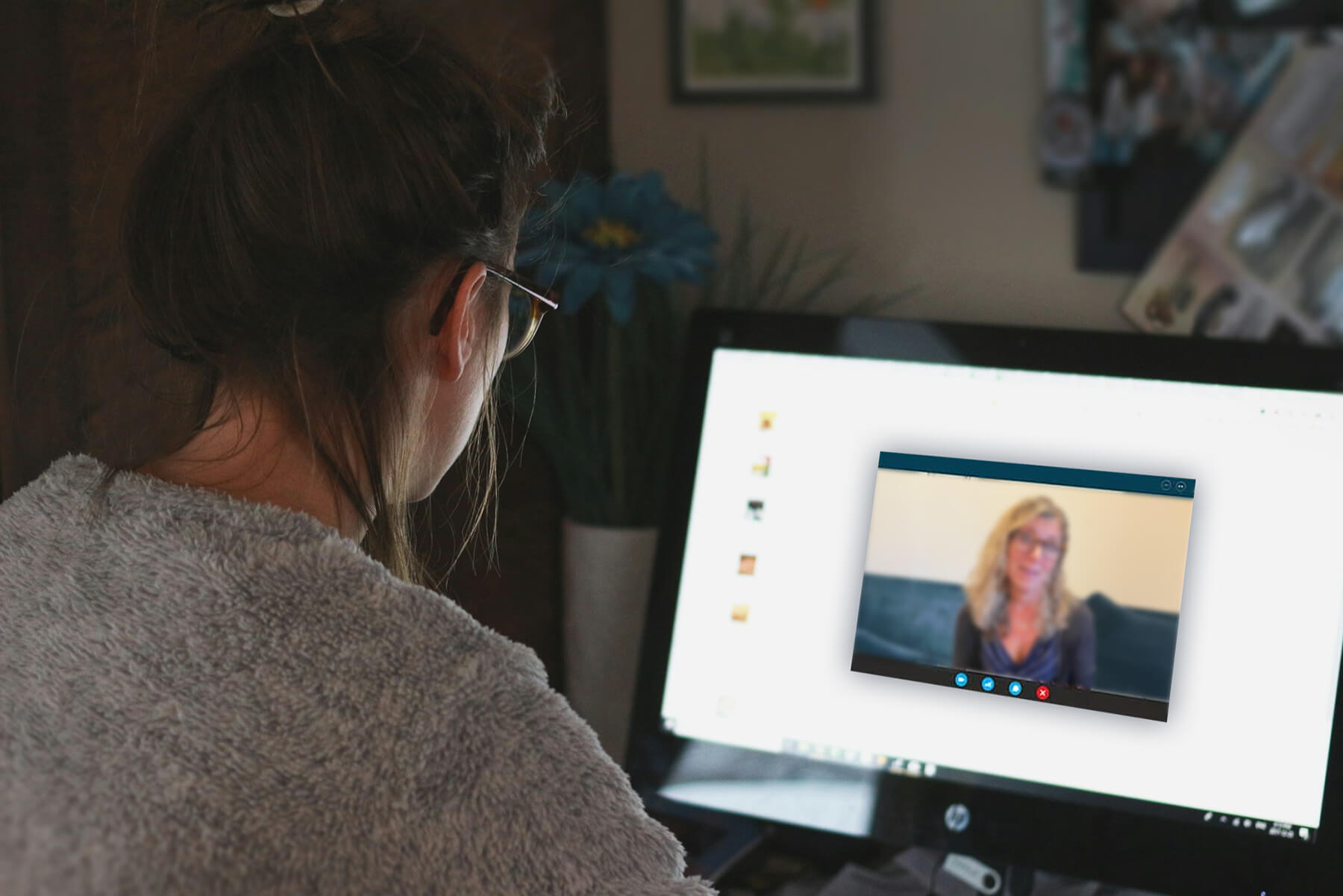Online Therapy: What to Expect, Pros and Cons
Over the past few years, online therapy has grown from a niche option to a widely accepted and valued form of support. Whether via video calls, phone sessions, or even secure messaging, therapy is now more accessible than ever before. But if you’re considering online therapy for the first time, it’s natural to have questions: Does it really work? Will I feel connected? What are the downsides?
Let’s explore what to expect from online therapy, along with its key benefits and limitations.

What to Expect
Online therapy typically works much like in-person therapy, but the session takes place using Zoom, a secure video platform or, if you prefer, over the phone. We'll schedule appointments, talk through your challenges, and you'll receive support in a safe, confidential space from the comfort of your home.
In advance of our agreed session time, I'll send you an email with a secure link which you can click to start the video session. As for in-person sessions, online sessions usually last around 50 minutes. You’ll need a quiet, private space, a stable internet connection, and a device with a camera and microphone if you're doing video sessions.
The Pros of Online Therapy
- Convenience and Accessibility: With online therapy services, you can attend sessions from anywhere - your living room, your office, or even your car during a break. This makes therapy more manageable for those with busy schedules, mobility issues, or living in remote areas, allowing for easier access.
- Comfort in Familiar Spaces: Being in your own environment can help reduce anxiety, especially for those new to therapy. Many people feel more at ease opening up when they’re in a space they control, enhancing the effectiveness of individual therapy.
- Greater Therapist Choice: You're no longer limited by geography. I frequently work with people in many different parts of the country, so you can connect with me from wherever you are.
- Disinhibition Effect: Online therapy benefits from the disinhibition effect, where you may feel more comfortable expressing yourself openly due to the digital setting. This often leads to greater honesty, vulnerability, and emotional disclosure - especially if you find face-to-face sessions intimidating or overwhelming.
The Cons of Online Therapy
- Technology Issues: Connection problems or technical glitches can interrupt the flow of a session. While often minor, they can sometimes feel frustrating or intrusive during online counselling. In the rare cases where the technology fails, I'm very happy to switch to a phone call so we can continue the session interrupted.
- Less Non-Verbal Communication: In-person sessions allow for a fuller reading of body language and subtle cues. Online, some of this nuance may be lost, although I am trained to adapt to this platform in a therapeutic way.
- Privacy at Home: Finding a truly private space can sometimes be challenging, especially in shared homes. This can affect how open you feel during sessions which can impact the overall support you receive. If you choose online therapy, make sure you have access to a private space that you feel comfortable in.
Is It Right for You?
Online therapy services offer a flexible, effective option for many individuals, with research consistently indicating that it can be just as beneficial as in-person therapy for a variety of presentations.
However, it is essential to understand that online therapy is not a one-size-fits-all solution. While many people find it convenient and less intimidating, others may prefer the personal touch that comes with face-to-face interactions.
For those who thrive on non-verbal cues or need a physical presence for comfort, traditional in-person therapy sessions might be a more suitable option. Additionally, individuals living in shared spaces may struggle to find the privacy needed for effective online therapy, which can hinder their ability to open up and engage fully in the therapeutic process.
So, while online therapy offers a crucial resource, it’s vital for individuals to assess their personal preferences and needs when deciding between online and traditional therapy options. Understanding these differences can lead to more effective treatment and a better overall experience in managing mental health.
Thinking about starting therapy but not sure where to begin?
If you're considering online therapy, I’m here to help. Get in touch today for a free consultation and let’s explore the right support for you - we can discuss online, phone and in-person therapy and choose whichever feels right for you. You don’t have to navigate life’s challenges alone.
